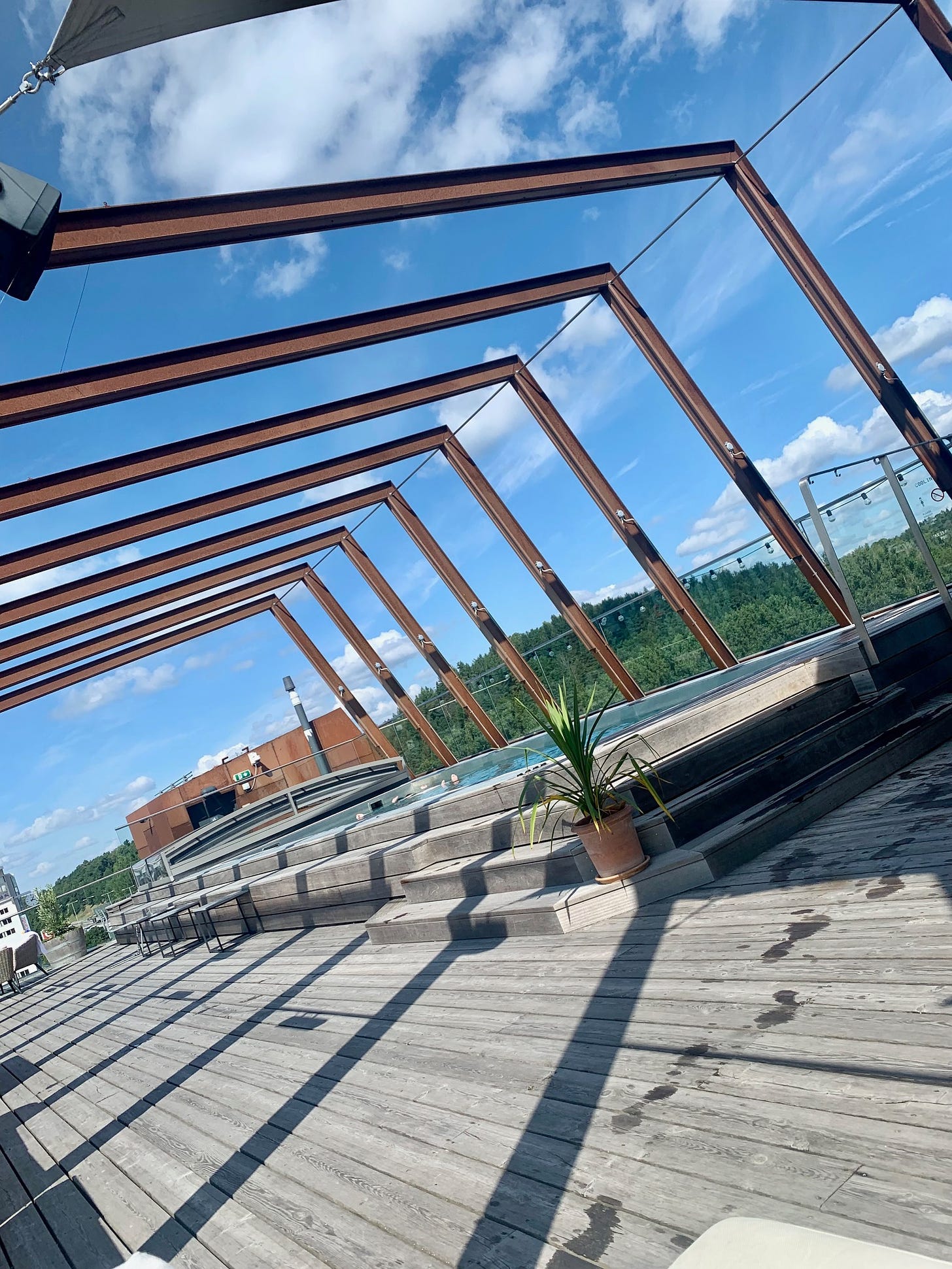Many moons ago, I worked as the Budapest bureau chief for a financial news service. At the time, the Budapest Stock Exchange was brand new and only about 50 companies were listed. I filed three market comments a day, so I came to know these 50 companies well. Over time, I came to see that each one had its own little personality. Some companies were shy, orderly and risk averse, never daring to diversify, even in a small way. Others were greedy, messy and acquisitive. Still others dabbled with different approaches, sometimes failing and sometimes succeeding and then letting those experiences shape their direction. Because of this, I thought of them as growing in the same way that people do.
That inanimate entities have human qualities is not a new idea, of course. Most of the modern Romance languages, the Baltic languages, the Celtic languages, and some Indo-Aryan languages such as Hindi, assign gender to objects. For example, in French, the words for sadness, sock, and shovel are feminine, but the words for notebook and apple tree are masculine. This can be hard to grasp, but it makes its own kind of sense.
Cities also have genders and personalities. This exercise in personification is completely subjective, of course, but to me, London is a swaggering teenage boy and always has been. New York is a leering cokehead in an expensive suit, making deals. Those cities move fast, but not all do. Paris, for example, is a sulky young woman in full bloom and very much in repose. The town where I lived in Connecticut was an earnest middle-aged white guy in khakis with responsible insurance coverage and a golf set. Stockholm is a beautiful woman, utterly calm and utterly cold. These places are slow.
Tempo is one of the elements that shape a place. It’s a rarely discussed component of cultural compatibility. It’s invisible but you can feel it. Istanbul and Seoul are buzzing with energy. New York hums – on a clear night, you can feel it from Philly. Still, I gave tempo no consideration at all when I moved to Stockholm. At the time, I was sort of fleeing the U.S. in a panic. I think I would have gone anywhere that would let me in, as long as the schools were decent. But my husband’s citizenship gave us an easy entrée to a very good place, so Sweden it was.
But then there is the tempo. Sometimes, I think I’m the wrong speed for here.
Take the other morning. I went swimming in an outdoor pool on a rooftop. It’s August but we only had a few weeks left in which swimming outside would be possible (winter is coming, my friends). I was making the most of the sun while it lasted.
This wasn’t without its difficulties. They don’t chlorinate pools here much, if at all, so you have to shower before you get in. And while the pool itself was heated, the shower was not. So, there before a roof deck full of observers, half naked and shivering, one must yowl, flail and curse as elegantly as possible when the blast of cold water hits. The lack of bodily privacy in Swedish life is a constant torment to me, but I digress.
This pool, like most here, was one-half — or even one-third— the size of a normal American pool, but I’m used to that. If it’s too crowded to swim, I just tread water in the deep end. I saw that was what I was going to have to do, because there was a couple blocking my way. They weren’t swimming, no. They were rather just standing in the water, like sheep waiting to be sheared. They weren't even chatting.
I couldn’t swim around them without breaking the unspoken Swedish code of public conduct, which is: Above all else, do not bother anyone. It would be rude to say that this couple seemed sedated, or that, as they stood there, appeared almost bovine in their complacency. Who am I to judge what people do for kicks? But it’s a fact that, up to their necks in water, they stared off into the distance as if it were Positano at sunset. But it wasn’t. It was Solna, a suburb of Stockholm that view-wise could compete with Queens, New York. That is to say, there’s not much to it.
I got busy treading water and watched them watch nothing, as if transfixed. They eventually got out and toweled off, leaving me to puzzle forever over what that was. For the millionth time, I wondered if I’m doomed always to be a stranger in a strange land, because the places that that work at my same speed, like my native New York, are too much for me. It’s 24/7 action inside my head, so it can’t also be that way outside it. One needs balance. This is one reason Sweden works for me, for the most part.
When most people contemplate leaving home and moving to a new country, they start with the practicalities, like employment, schools, housing and permits. But after sorting those out, they begin to consider things like climate, language, and food. I would argue that tempo should be among that second tier. Because a mismatch there can’t really be fixed.
I knew about Europe’s Boring Belt before I moved here. Belgium, parts of the Netherlands, Luxembourg and Germany can be stupefyingly dull. But some of my fellow expats contend that this Belt then runs north, skipping over Denmark, as I wrote about here, and then traveling east from Norway through Sweden and into Finland. But I don’t buy it. The Swedes aren’t boring as much as way, way dialed down. Boring is when nothing happens. This Swedish life contains event, just very, very slowly.







Please bother! We need to wake up.